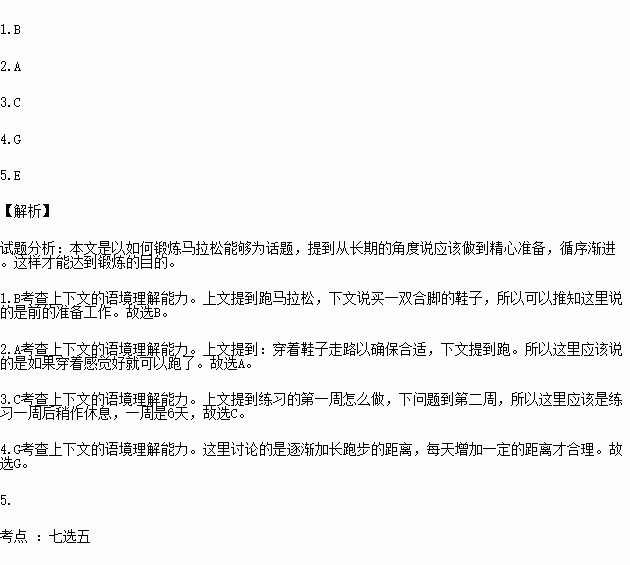I ALMOST failed out of college and it nearly broke my self-confidence. I had been at the top of my high school class, the total golden child. So when I decided that I wanted to attend Columbia University for graduate school, I was sure it would be close to impossible.
My goals were to prove to myself that my years of academic success in secondary school had not happened by chance and prepare for a career in children’s media. But first I had to get in.
So I enrolled (报名) in a GRE test prep course and threw myself into the class. The first part was pretty scary and by the third, I knew it wasn’t going to get any easier. I reconsidered my plan to take the GRE.
For the first time in my life, I considered how I should go about getting into graduate school. What were my special skills? Would any of them get me into graduate school?
I got a job working on a project sponsored by the dean’s (系主任的) office on campus and enrolled in a class. I had a new plan: Be a top student in the class while working on campus, get letters of recommendation from my boss and my professor, then hope that playing to my strengths like writing interesting papers would be enough for my application.
I worked my butt off (很努力工作) that semester. With finals approaching, I felt confident I would get an “A” in the course, so it was time for step two. I asked my boss to write a letter of recommendation. She immediately agreed. But my professor said no. She did not know me well enough and the semester was not completed. However, I decided I just would not take no for an answer. I asked if she would least write a short note unofficially supporting my application. After some uncomfortable conversations, she finally agreed. In the end, I got in!
I revisit that moment of persistence (执着) again and again. I have leapt into many other opportunities since then. Now I am starting a company born out of my graduate school research in children’s media. Our first product is a mobile game for teen girls that breaks down major life milestones (里程碑) into missions (任务). On its surface, the product helps girls connect with each other. But it also helps them develop the tools to live life without limits.
1.The writer stopped taking the GRE prep course because ______.
A. the beginning of the GRE course was really frightening
B. she realized by the third part of her GRE class that her plan wouldn’t work
C. Columbia University would not accept the GRE test
D. she didn’t put all her efforts into the GRE course at first
2. The underlined words “playing to my strengths” in Paragraph 5 probably mean “ ______”.
A. developing my physical power
B. making use of what I am good at
C. doing something to the best of my ability
D. doing something with all the strength I have
3.One of the reasons why the professor refused to write a letter of recommendation was that ______.
A. the author had almost failed out of college
B. the author was not a top student in high school
C. the author was not her favorite student in the class
D. the professor did not know enough about the author
4. The writer succeeded in getting into the graduate school because of ______.
A. her “A” grade
B. her strong letters of recommendation
C. her strong determination and her good plan to make herself stand out
D. her interest in children’s media and outstanding skills in writing interesting papers
 阅读快车系列答案
阅读快车系列答案
